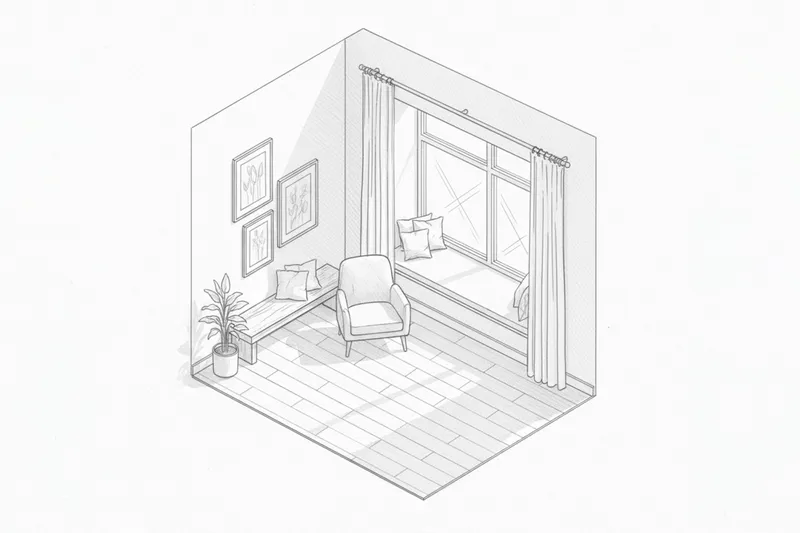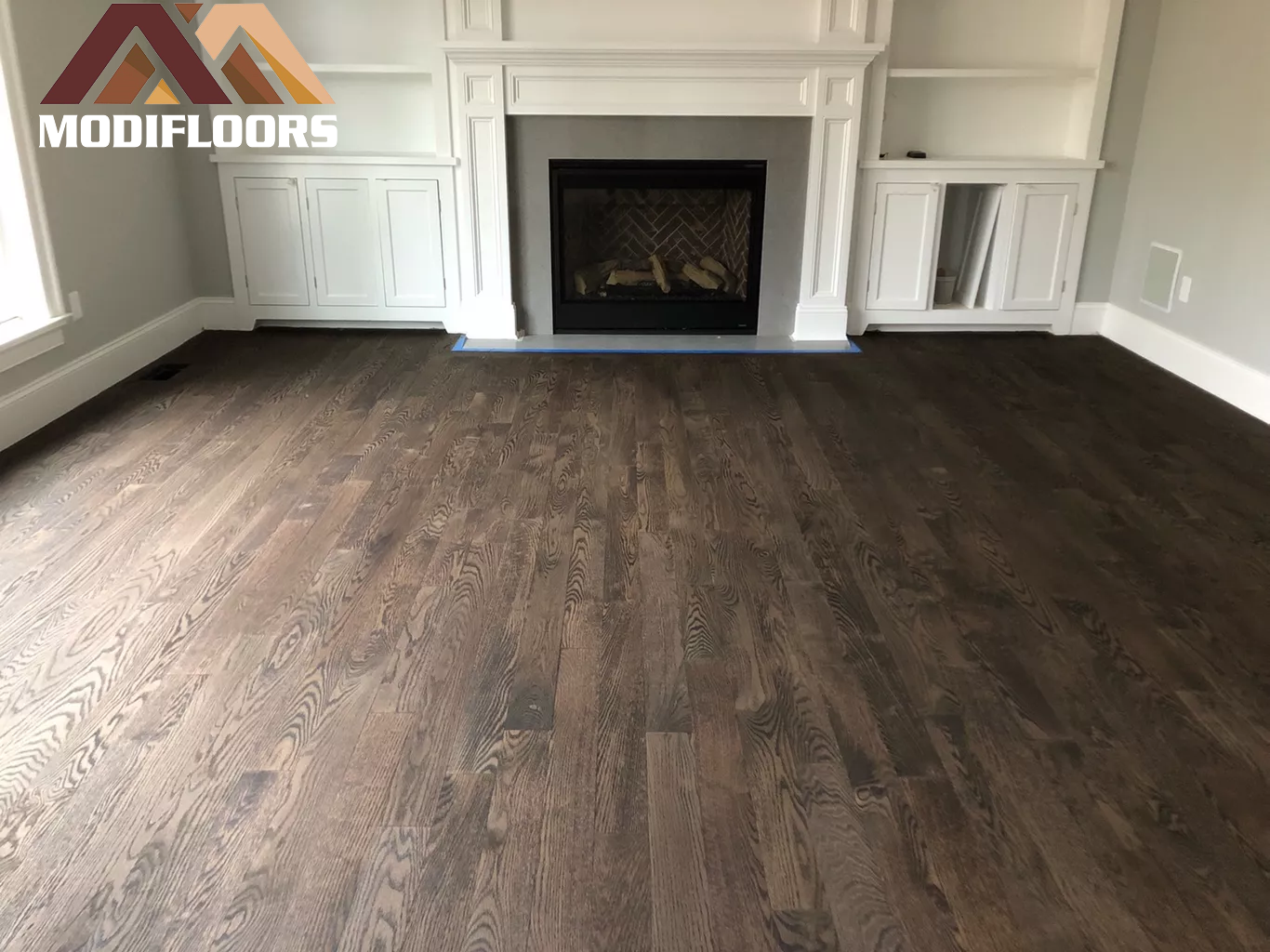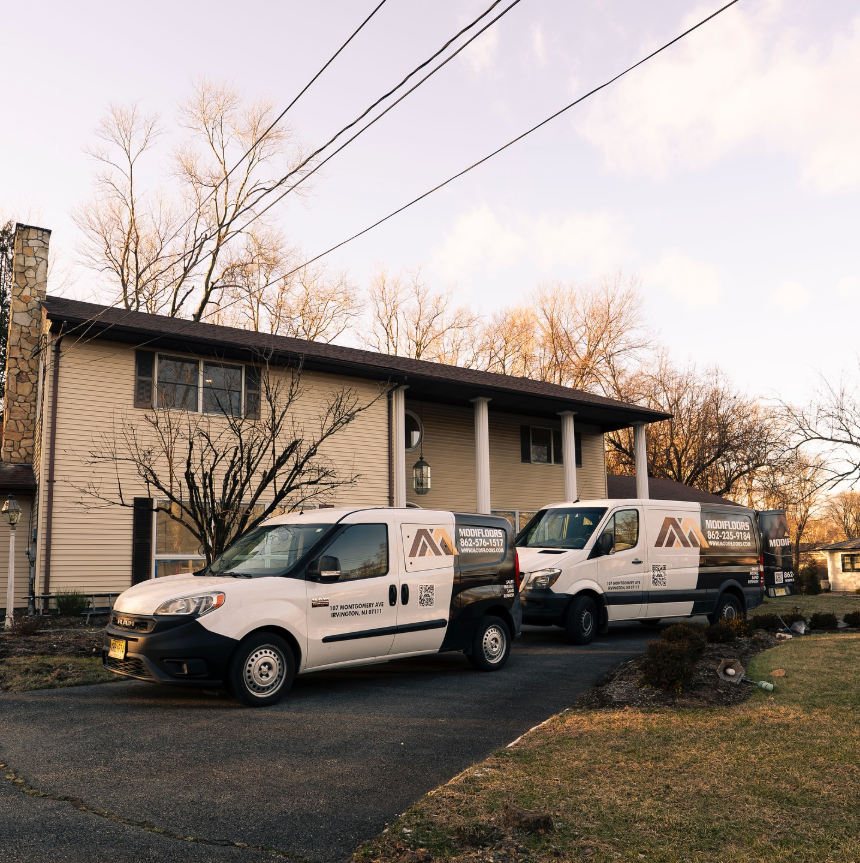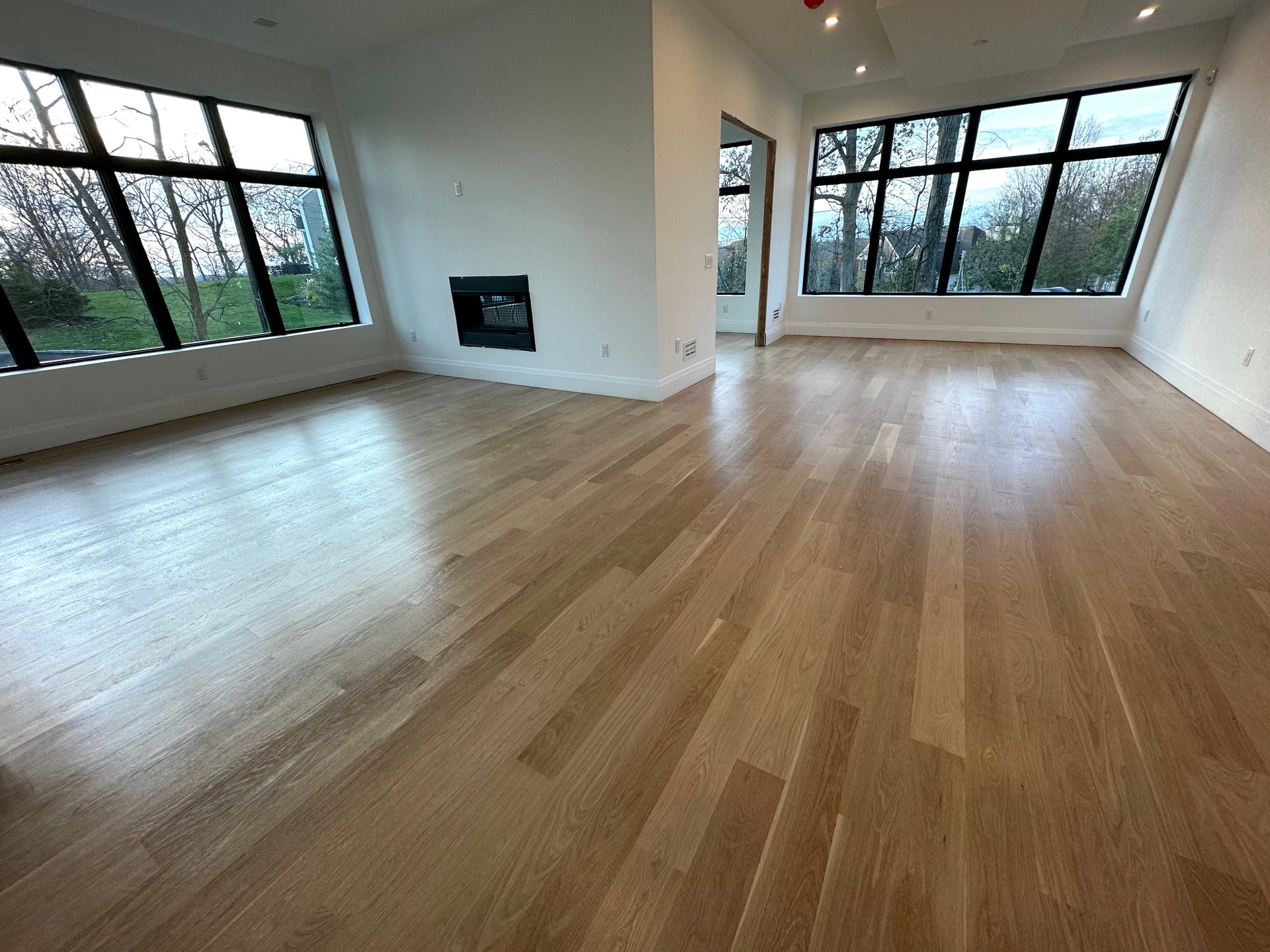No items found.
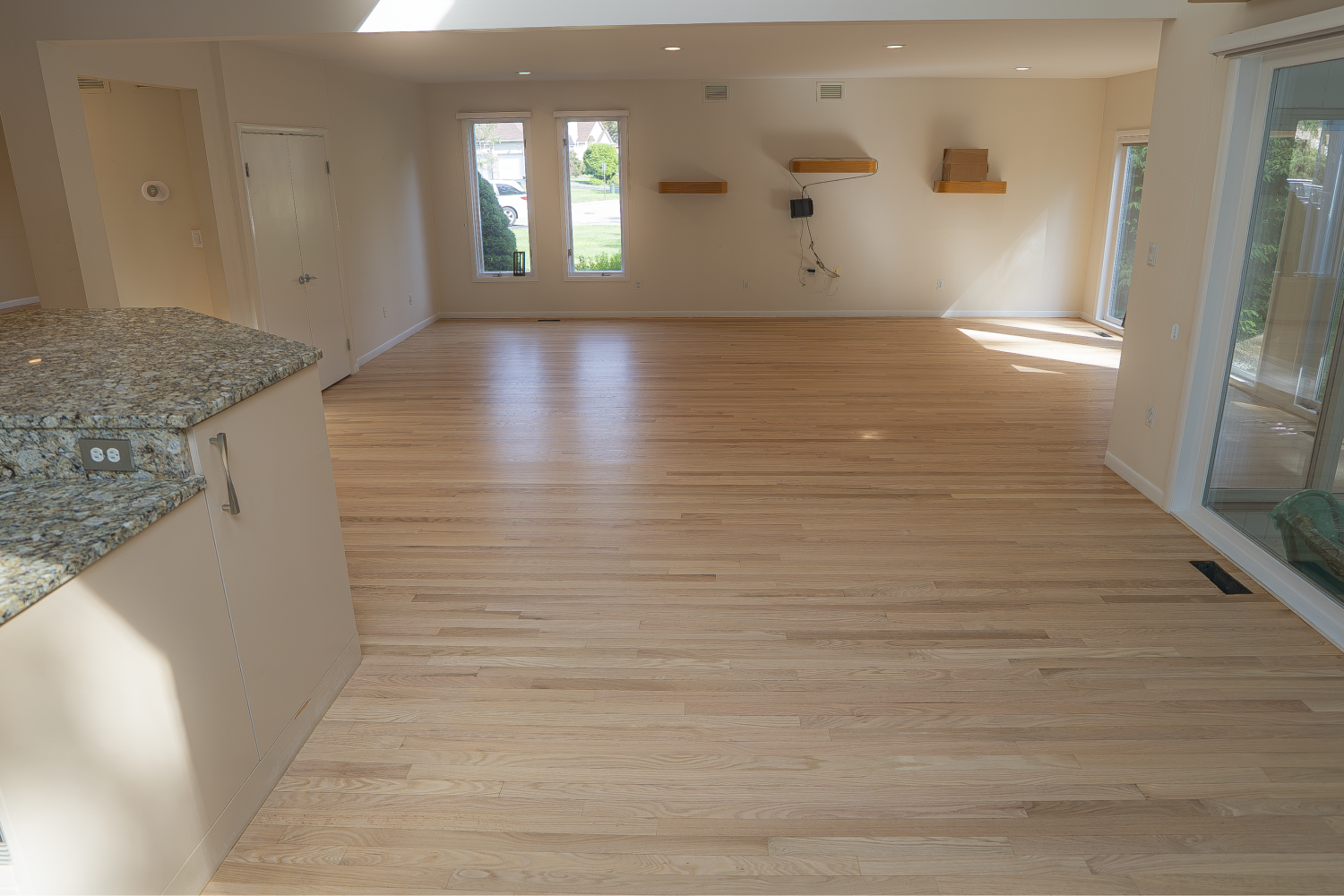
Have you ever asked yourself if there's a home upgrade that not only makes your living space more beautiful, but actually pays for itself over time? It might sound too good to be true, but hardwood flooring can do exactly that. While hardwood floors may cost more upfront than options like carpet, they are a true long-term investment. In this blog, we’ll explain in simple terms why hardwood flooring offers such great return on investment (ROI) for homeowners.
Built to Last: Hardwood vs. Carpet and Tile Durability
One big reason hardwood floors pay for themselves is their incredible durability. Unlike wall-to-wall carpet that wears out in under a decade, a quality hardwood floor can last for generations. In fact, all natural wood floors have an expected life of 100 years or more with proper care! This means if you install hardwood today, you might never need to replace it in your lifetime. By contrast, carpet typically needs replacing every 8 to 10 years.
Tile floors are certainly durable (many can last 75+ years as well), but they have their own challenges. Tiles can crack if you drop something heavy, and the style of a tile can become dated over time. Hardwood has a timeless appeal, its classic look never really goes out of style. In essence, a hardwood floor is a permanent upgrade to your home’s infrastructure. Once it’s in, it can be there to stay, adding value year after year.
Consider this example: say you live in your home for 30 years. If you have carpet, you might replace it three times in that span (e.g. at year 10, 20, and 30) because of wear and tear. Those replacement costs add up. With a hardwood floor, you could still be enjoying the same floor 30 years later (maybe with a refinish or two along the way), and it will look beautiful.
Saving Money Over Time on Maintenance
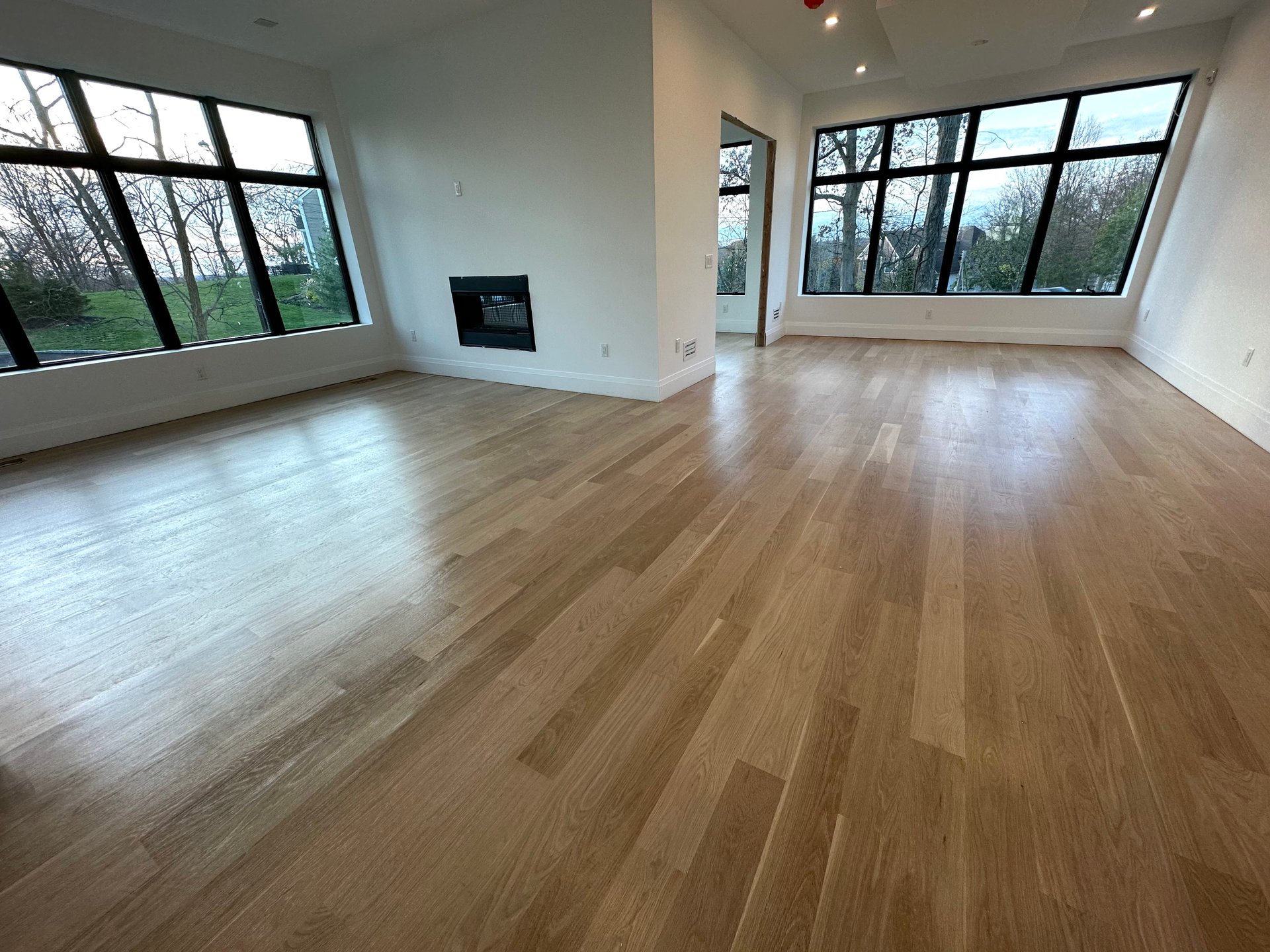
Not only do hardwood floors last longer, they’re also easier (and cheaper) to maintain over the long run. Think about the cleaning and upkeep costs of other flooring types:
- Carpet needs constant vacuuming and regular deep cleaning. Over time, carpets trap dust, dirt, and allergens in their fibers. Removing stains or odors from carpet might require special shampoos or even professional cleaning services, which can get expensive. And if a carpet gets badly stained or worn down, you often have no choice but to replace it entirely.
- Hardwood flooring, on the other hand, is a breeze to clean. You can simply sweep or use a damp mop to pick up dust and spills. There’s no hidden grime, what you see is what you can clean. A bottle of wood floor cleaner and a mop are usually all you need for hardwood.
Hardwood’s surface is also healthier for your home. Because it doesn’t harbor dust mites and allergens the way carpet can, many homeowners find hardwood helps improve indoor air quality. If your family has allergies or asthma, getting rid of old carpets and switching to wood floors can be a relief (literally) making them a smart choice for wellness.
And what about tile floors? Tiles are relatively easy to clean on the surface too, but tile floors have grout lines, those little seams between tiles, which can get dirty or even mildew over time. Keeping grout clean can be a tedious chore. Also, if a tile cracks, you might have to pay a contractor to replace it, matching the color and pattern (if possible). Hardwood is more forgiving: if one plank is damaged, it’s often possible to replace or repair that section.
" A living room with hardwood flooring not only looks beautiful but also adds significant long-term value to a home. Hardwood’s timeless style and durability make it a wise investment for homeowners."
Hardwood Floors Boost Your Home’s Value (Big Time)
Real estate experts agree that hardwood flooring increases home value and appeal to buyers. In fact, hardwood is often called the “gold standard” for flooring in real estate. Many home buyers actively look for hardwood floors and are willing to pay a premium for homes that have them.
- A report from the National Association of REALTORS® found that installing new hardwood floors has an estimated 118% ROI on average when you sell your home. That’s a remarkable return for a home improvement project. Hardwood ranked as one of the highest ROI upgrades in that national survey.
- Many real estate agents estimate you’ll get around 70% to 80% of your investment back at resale with hardwood floors in general markets, and possibly even more in high-demand regions. In New Jersey and the Northeast, for instance, hardwood floors are especially sought after, so ROI can be on the higher end of that range.
- According to a homebuyer preferences survey, 54% of buyers said they’d pay more for a home with hardwood floors. Hardwood is also consistently named among the “most desirable home features” by popular home design sources. It gives a home that move-in ready, high-quality feel that today’s buyers crave.
Now compare this to other flooring types: Carpet, in terms of resale, often hurts more than it helps if it’s old. Worn or outdated carpet is a turn-off, buyers see it and think, “We’ll need to rip this out,” which is an added cost for them (possibly leading them to offer less for your house). Even new carpet doesn’t wow buyers the way hardwood does. Carpeting has a relatively low ROI, estimated around 25% to 40%.
Tile flooring can add value in the right areas. For example, updated tile in bathrooms and kitchens is definitely a plus. However, tile throughout a home (especially in living rooms or bedrooms) isn’t as broadly popular in many markets (New Jersey included). So while tile has decent ROI in places it’s expected (and high-end stone tiles can impress in luxury homes), it generally doesn’t beat hardwood for overall resale impact.
The key point is that hardwood floors make your home more marketable. They often help a home sell faster and at a higher price. Years later, when you sell, you can effectively get reimbursed for that beautiful floor. It truly earns its keep, which is exactly what “pays for itself” is all about!
Conclusion: An Investment That Truly Pays Off

Hardwood flooring is more than just a design choice, it’s a smart investment in your home’s future. We’ve seen how it can save you money in the long run by lasting for decades and avoiding the cycle of replacements that come with cheaper floors. We’ve also seen how it can add value to your home, often giving you back your initial cost (or more) when you sell.
If you’re a homeowner in New Jersey (or anywhere, really) thinking about installing hardwood floors, consider the long game. In fact, many homeowners later say their only regret was not installing hardwood sooner!
Before making any decisions, it’s wise to get advice tailored to your specific home. Every house is different, and factors like subfloors or room moisture levels can affect what type of hardwood is best. Consider reaching out to a professional flooring expert for a free assessment or quote (most reputable flooring companies will offer this). They can help you understand the costs and options, whether it’s solid hardwood, engineered hardwood, or even refinishing existing wood floors and how those choices might play out in terms of ROI and longevity. There’s no pressure to commit, but getting the facts will empower you to make the best decision.
In the end, investing in hardwood floors means investing in quality, quality of your home, and quality of your life at home. Your future self (and maybe the future owner of your home) will thank you for the decision.


